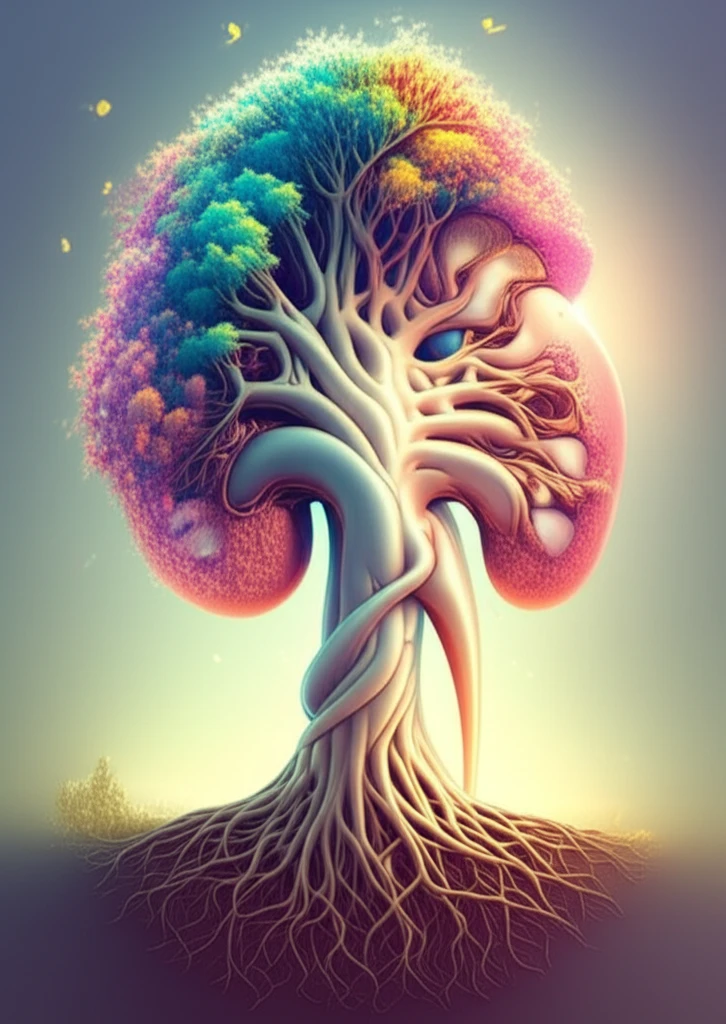
Life After Transplant: Navigating the Emotional and Practical Challenges
"Discover how kidney transplant recipients manage daily life, emotional well-being, and new routines in the crucial early phase post-surgery."
For individuals battling end-stage renal disease, a kidney transplant offers a beacon of hope and a chance at a renewed life. While it significantly improves the quality of life for many, it's important to recognize that transplant recipients continue to live with a chronic condition that requires ongoing management. This includes lifelong treatment, regular medical follow-ups, and being vigilant about the increased risks of infection, cardiovascular disease, and certain cancers.
The importance of empowering patients to actively participate in their health management is paramount. Self-management involves mastering several key tasks. These include adhering to medical regimens, adapting to new life roles, and effectively managing emotions. Lorig's definition of self-management frames these tasks as challenges arising from the condition or its effects on daily living.
While existing care approaches for kidney transplant recipients often emphasize medical regimen management, there's a growing recognition of the need to address the emotional and social dimensions of life after transplant. This article delves into the often-unexplored perspectives of patients on the self-management tasks they encounter in the early phase following a kidney transplant, shedding light on their experiences and offering insights for better support.
Understanding the Challenges: Managing Instability and Change

One of the primary challenges faced by kidney transplant recipients is managing instability, which permeates various aspects of their lives. Instability, in this context, refers to a lack of predictability in daily life due to changes brought about by the transplant, impacting everything from physical condition to occupational status and medical routines. While many patients experience a newfound freedom from dialysis, the journey is often marked by a sense of uncertainty.
- Managing Emotions and Self-Perception: This involves dealing with changes in body image, energy levels, and overall sense of self.
- Managing Uncertainty About the Future: Addressing fears of complications, rejection, and the long-term viability of the transplanted kidney.
- Navigating Social Interactions and New Life Roles: Adapting to changes in relationships, managing work-related transitions, and interacting with healthcare providers.
Toward Holistic Support: Empowering Patients for Long-Term Success
This research underscores the multifaceted nature of life after a kidney transplant, emphasizing the need for comprehensive support systems that extend beyond medical management. Self-management programs should prioritize emotional well-being, address practical challenges, and empower patients to regain stability in their daily lives. By incorporating patient perspectives and fostering a collaborative approach, healthcare providers can equip transplant recipients with the tools and resources they need to thrive.
